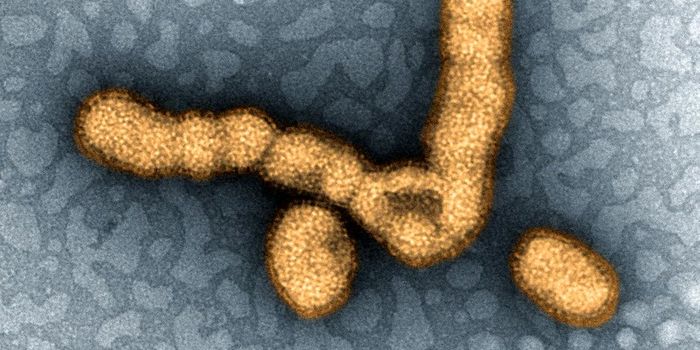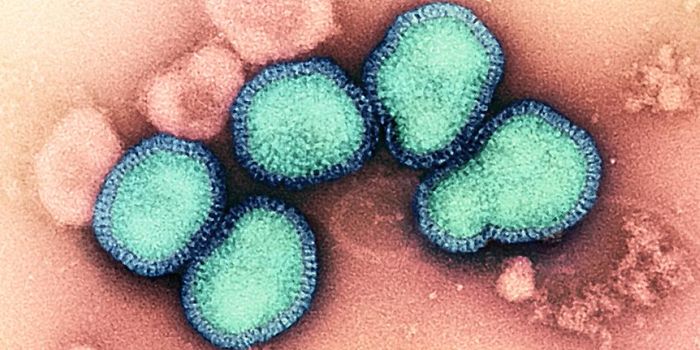Marburg Virus Kills 9 in Equatorial Guinea's First Outbreak
An outbreak of Marburg virus has killed nine people and sickened at least sixteen others in Equatorial Guinea's first outbreak of the deadly virus. Marburg and Ebola are in the same virus family - filovirus, and both cause hemorrhagic fever. The country's Health Minister Mitoha Ondo'o Ayekaba said a health alert has been declared, and a province and district in the country, Kie-Ntem and Mongomo, are now under quarantine. After a consultation with World Health Organization (WHO) and United Nations experts, a lockdown plan has been implemented.
Marburg is a deadly virus with a case fatality rate as high as 88 percent. After a Marburg infection occurs, illness usually sets in within a week, and symptoms include severe fever, headache, and fatigue. As the illness progresses, internal bleeding may occur in several organs and the body can lose function.
African fruit bats are natural reservoirs of Marburg, and primates and people can be infected when they are in close proximity with those bats. Infected individuals can spread the virus to others through contaminated bodily fluids, surfaces or materials.
Right now, there is no treatment or vaccine for the virus. Patients are usually given intravenous or oral hydration or medications that treat specific symptoms. There are several potential medications for Marburg infections now in testing, and vaccine candidates have entered Phase 1 testing.
In the current outbreak, one of eight potential cases was confirmed by the Institut Pasteur laboratory in Senegal with WHO support after a district health official issued an alert on February 7.
A response is now ongoing. Researchers, health experts, epidemiologists, and clinicians are on the scene. Contact tracing and prevention efforts are underway, and there is support for the national effort to educate people and contain the spread of infection. WHO is assisting with the acquisition of materials like testing kits and personal protective equipment made for health care professionals who work with viral hemorrhagic fever patients.
The video above describes an outbreak that occured in Ghana last year as well as previous outbreaks, and presents some facts about the virus.
“Marburg is highly infectious. Thanks to the rapid and decisive action by the Equatorial Guinean authorities in confirming the disease, emergency response can get to full steam quickly so that we save lives and halt the virus as soon as possible,” said Dr. Matshidiso Moeti, WHO Regional Director for Africa.
Sources: VOA Africa, World Health Organization









